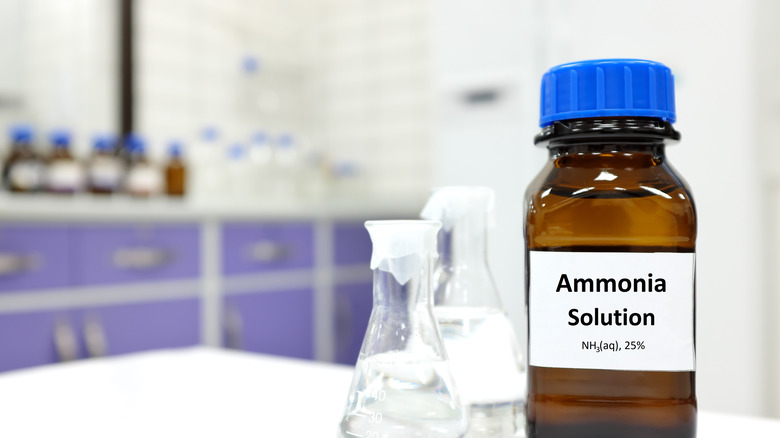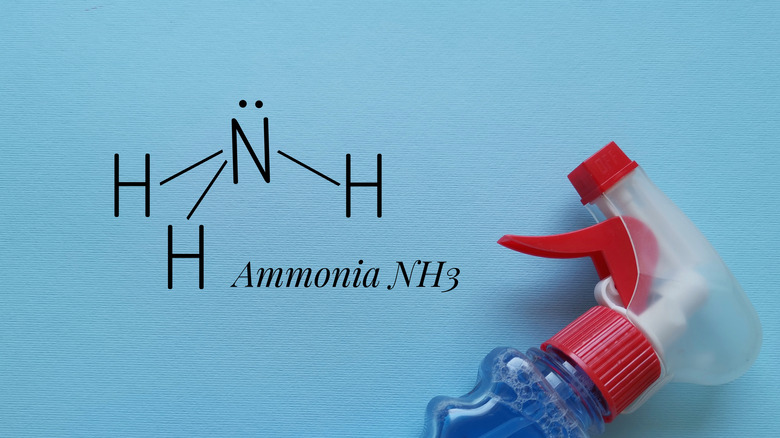Why You Should Stop Using Ammonia Immediately
Keeping a clean home is definitely important to many. Where there are many choices among cleaning agents, some prefer bleach, while others use different options such as ammonia. When bleach is harder to find, looking for alternative cleaning products can become a challenge with regard to availability and contents. Some products are more dangerous than others based on information provided by WebMD. According to an article on their website, one of the most dangerous products is ammonia (though bleach is also on this list), which is found in sanitizing and cleaning products.
Ammonia is one of the strongest solutions available on shelves, and is considered a corrosive based on the information provided. The information on ammonia, states this particular product is very destructive, and you should take extra precautions when using it. If you have ever used ammonia, you may have experienced eye burning, irritation, and coughing — this means you may want to wear protective gloves, eye protection, and even a mask to protect your lungs.
What is ammonia?
According to the New York State Department of Health, ammonia is primarily used in agriculture as fertilizer, purifying water supplies, is used as a refrigerant gas, and in the manufacturing of plastics, dyes, chemicals, explosives, and fabrics. They further state it is also found in common household products, as well as in our bodies for making proteins. Also found in nature, ammonia is produced through the process of decay in plants, animals and animal wastes.
If you're not familiar with ammonia or how to recognize it should the product not be labeled, the colorless liquid has a very strong odor that will make it difficult to breathe, and the vapors are extremely irritating. In fact, humans experience damage to the body by simply inhaling ammonia depending on the concentration in the product. Ammonia is also capable of causing burns and serious conditions depending on the exposure. Once ammonia enters the body, it then turns into ammonium oxide once it reacts with water, and begins damaging cells.
Dealing with ammonia exposure
What if you are exposed to ammonia? Should you experience difficulty breathing, wheezing, chest tightness or chest pains, blue lips or toenails, confusion, dizziness, lip or throat pain, you may have symptoms of ammonia poisoning. If this is the case, it is suggested by Mount Sinai Hospital to contact poison control and or emergency services. There are a number of steps to follow according to the information they offer. You will need to provide information for the person experiencing the symptoms, particularly if the product was ingested. You will need the time the product was ingested, the name of the product, as well as the amount ingested, and the person's age, weight, and health condition.
If an ammonia product must be used it is important to take precautions. Where the concentration is greater in industrial products, there are other products used in the home that contain ammonia and should be used with care. Use ammonia-based products in an open area. Use personal protective equipment including goggles, protective masks, aprons, and gloves, as recommended by State Compensation Insurance Fund. Changing to a safer product is also an option. To maintain safety in the home consider using clean environmentally friendly cleaning products that have fewer chemicals in them in order to keep your family safe.


